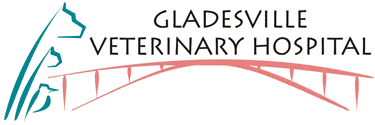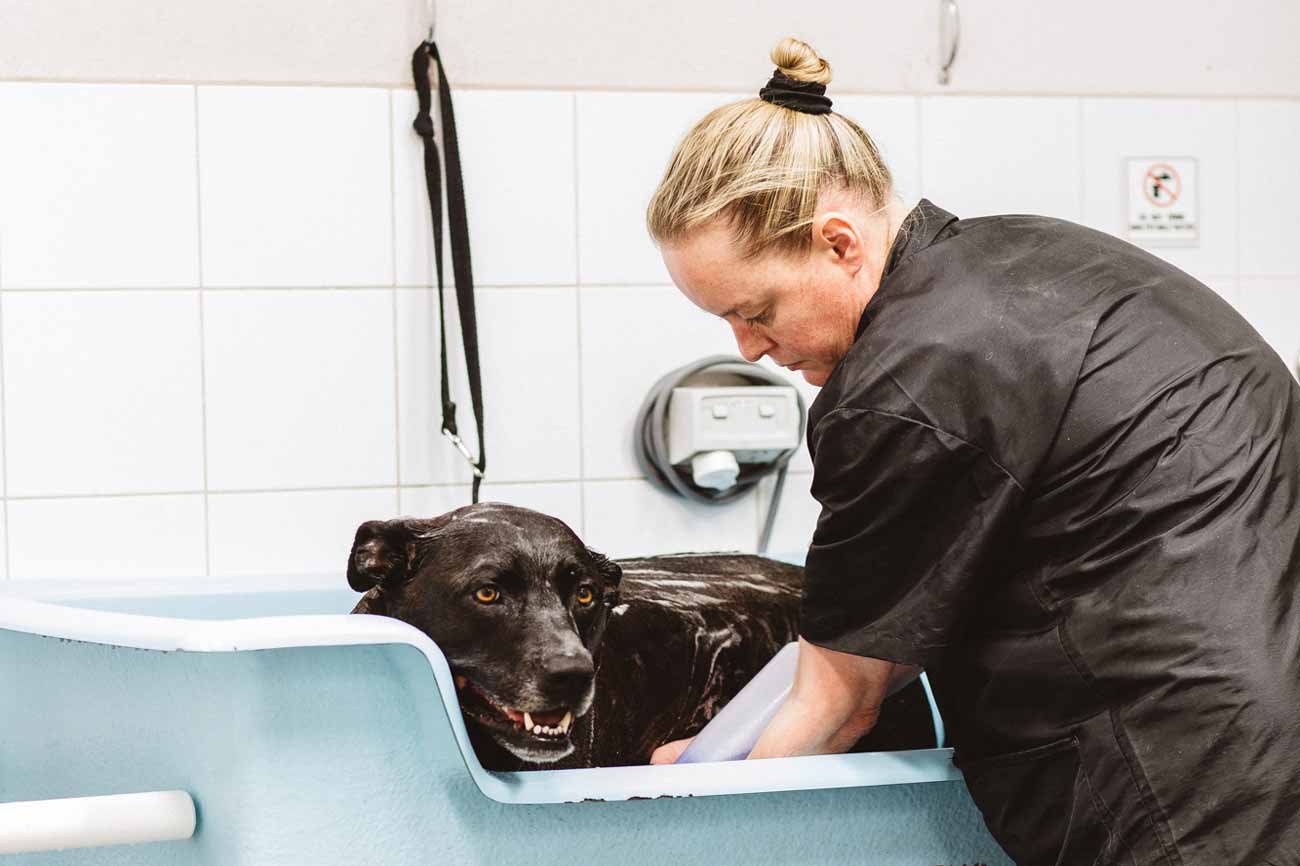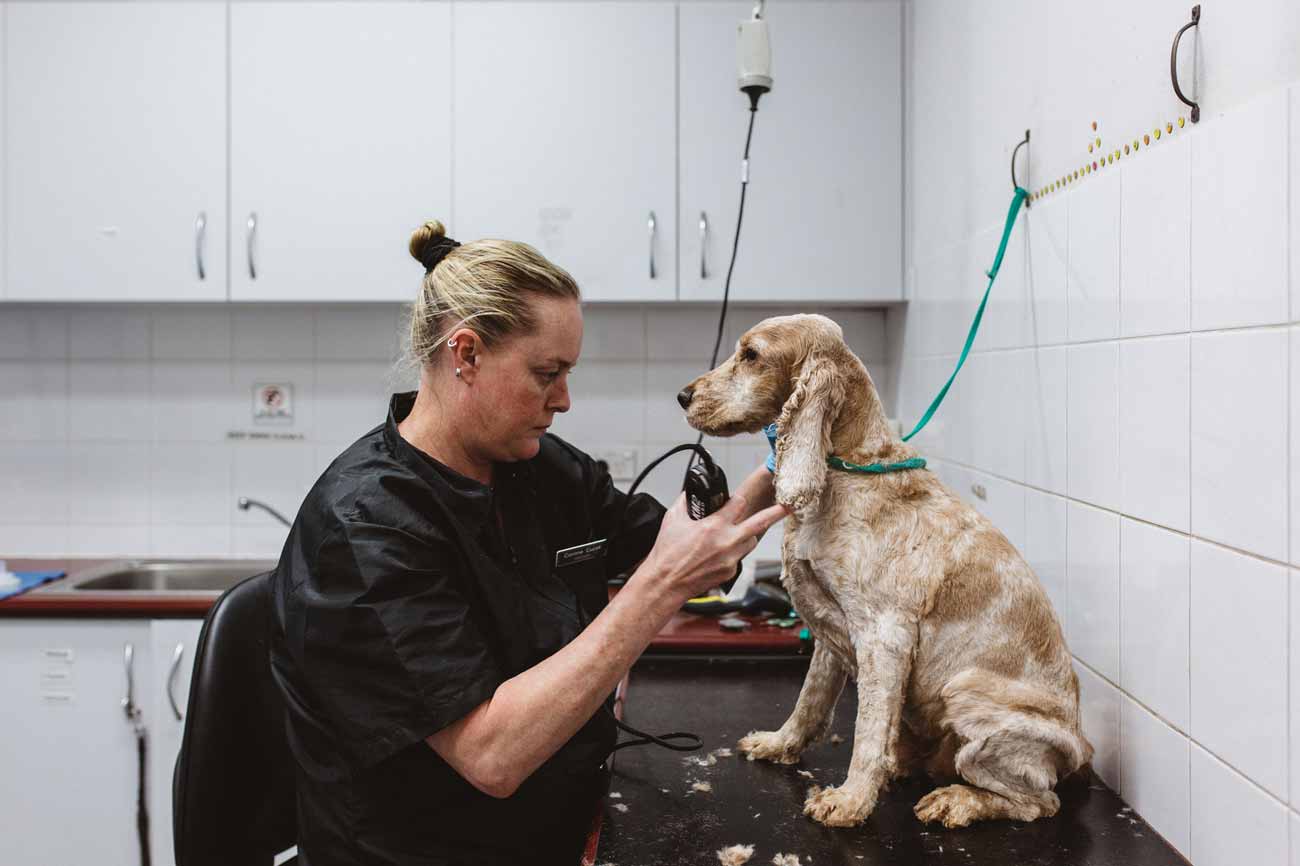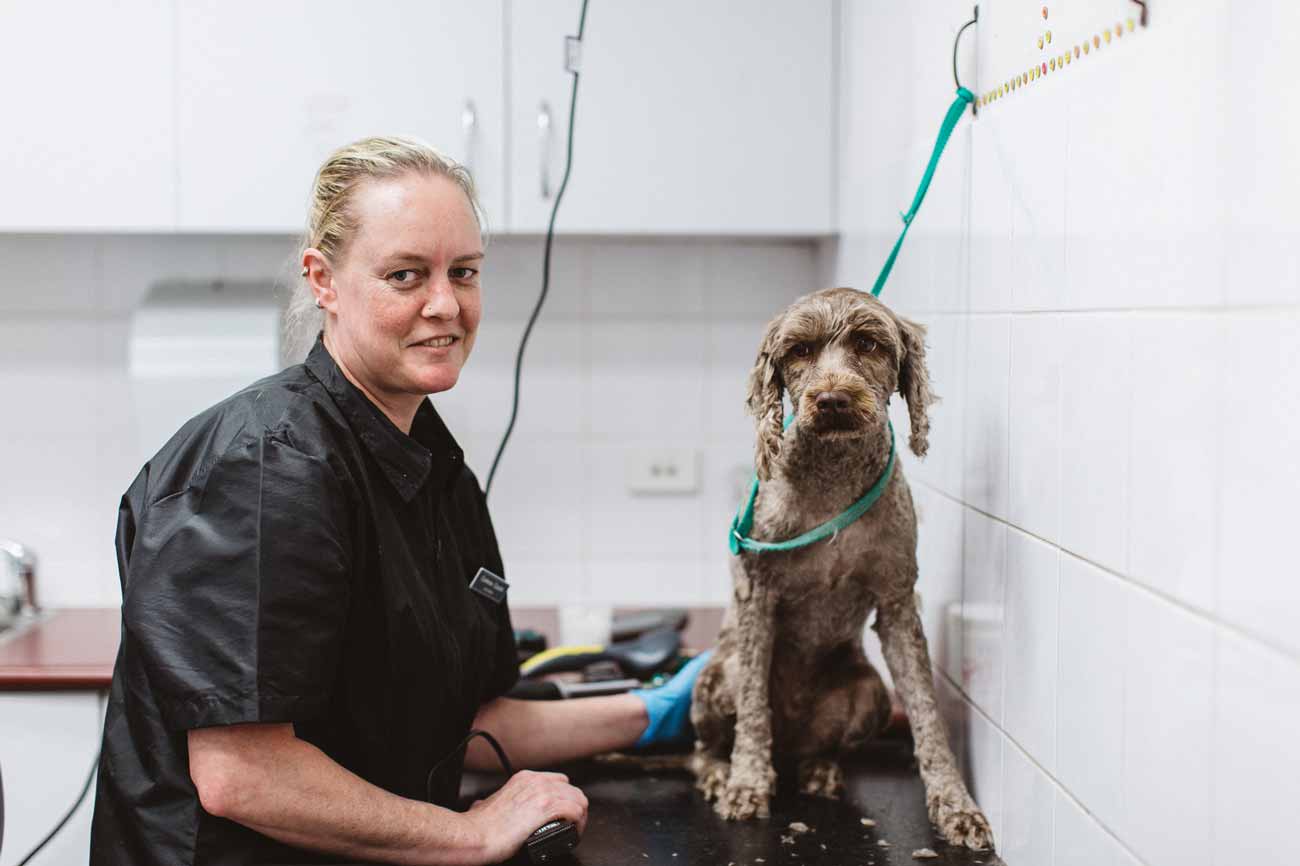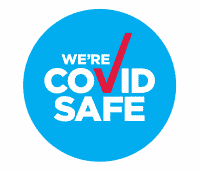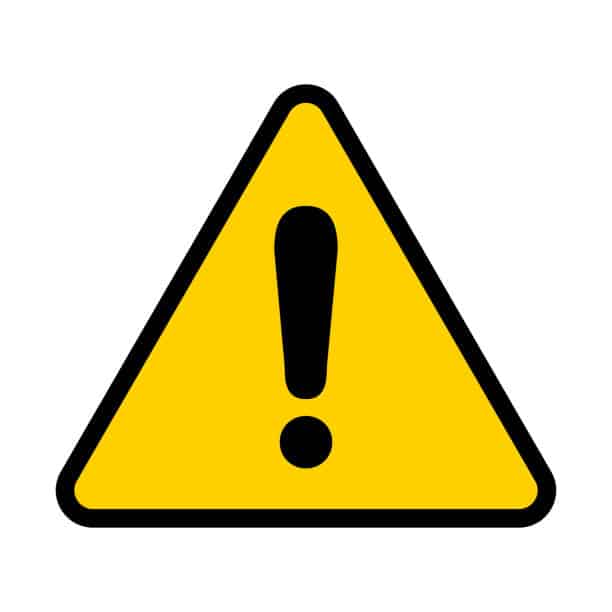General Services
Gladesville is a large “A-class” hospital which is fully computerised to allow ready access to your pets’ medical records. We have extensive facilities to provide total health care for your pet including hospitalisation, general anaesthesia, a full range of surgical procedures (including specialist surgery), acupuncture, trigger point therapy and Nuclear Medicine. We are equipped for full dental care, radiology, video-endoscopy, electrocardiography, and intensive care. Our own trained nurses perform the majority of our pathology testing in-house, so we can access these results quickly. We regularly update our equipment to maintain state of the art technological capabilities.
Gladesville Veterinary Hospital is a GP’s consulting room, a hospital, a casualty ward, an operating theatre, a recovery ward, an intensive care unit, a radiologist’s rooms, a pathology lab, a specialist referral centre, a nutritionist’s advisory centre, nuclear medicine centre, an acupuncture and trigger point therapy practice, all under the one roof.
But it is much more – a place where you and your pet can feel at home. We are all animal owners ourselves, and we understand the bond that exists between you and your pets. We aim to provide not just the very best technical expertise available for animal health, but also an environment where it is evident to both you and your pets that we genuinely care as much about their welfare as you do.

Microchipping
Microchips are a permanent form of identification that stays with the pet for life. Each microchip is about the size of a grain of rice, and is inserted via a hypodermic needle under the skin of the animal, between the shoulder blades – a very quick procedure that does not require anaesthesia.
Each microchip has a unique code which identifies the animal, and is connected with the owners details on a central database. It is important to keep those details updated, so if you move house or change phone numbers, please let one of our staff know and we can let you know how to go about editing the record, or do it for you. Veterinary hospitals and animal shelters have a special scanner which is able to read the code on the microchip. Since the introduction of microchips many years ago, enormous numbers of lost pets have been reunited with their owners, when previously they would never have found their way home.
GVH is fully accredited to implant microchips as required by NSW State Government law. We also meet the accreditation requirement of the Australian Veterinary Association in routinely providing national data base recording of all animals microchipped at Gladesville.
Microchipping your pet is an important part of responsible pet ownership.
All creatures
Cats and dogs are by far the most common pets in Australia, but there are several other types of animals that form part of many people’s families. At Gladesville we happily treat rabbits, guinea pigs, ferrets, rats, mice and others. We have associations with exotic animal colleagues if we come across a condition which requires specialist attention. We also provide emergency treatment of strays, and extensive treatment of native wildlife, at no cost to the public.
So no matter what kind of animal you have – “come one, come all”!
Native Wildlife
Australia’s native animals are a real treasure. GVH has a long-standing policy of treating native wildlife at no charge.
If you find an injured or ill native animal or bird, it is important not to stress it unnecessarily. If you are unable to catch it with your hands, the best thing to do is to throw a towel or blanket over it and scoop it up. While transporting it to the hospital, keep a towel over it so that it is kept in the dark as much as possible, and don’t allow children to poke and prod it. If you are still having difficulty catching it, contact WIRES 1300 0Wires (1300 094 737) or Sydney Metropolitan Wildlife Service (02) 9413 4300.
An important reminder: if you find an injured or ill flying fox (otherwise known as a fruit bat), DO NOT APPROACH IT. Flying foxes can potentially harbour life-threatening diseases which can be transferred to people; contact one of the wildlife rescue organisations immediately.
Once the animal arrives at the hospital, it will be immediately assessed by one of our vets, any medical or surgical treatment necessary will be instituted, and it will be kept in hospital in our dedicated wildlife ward, away from noisy dogs and cats, for as long as necessary. Once necessary veterinary treatment has been completed, animals that are able to be rehabilitated back into the wild will be transferred to one of the wildlife carer organisations for release when appropriate. Animals that are too badly injured to be ultimately released back into the wild will be painlessly put to sleep.
Please join with us in helping protect our precious native animals.

Canine College
The Gladesville Veterinary Hospital Canine College is a behaviour program for adult dogs, run by our own Delta-qualified dog trainers, Jenny Harlow, Fiona Kelly and Jason Astbury. Although for most of the pupils the post-grad program is a follow-up from puppy pre-school classes, graduation from pre-school is not a pre-requisite for attendance. If your adult pooch’s manner need some polish then it’s time for college!
Cattery And Dog Boarding

We offer boarding facilities for cats and dogs. Our cattery is recently renovated for best in class care and multi-cat condos should you have 2 cats wishing to board together.
For dogs we are offer short term boarding up to one week. For longer periods we recommend Meadowmist Boarding Kennels and their amazing facilities. Meadowmist will pick-up and deliver your pets from the Gladesville Veterinary Hospital.
For more information about our facilities follow the links below;
